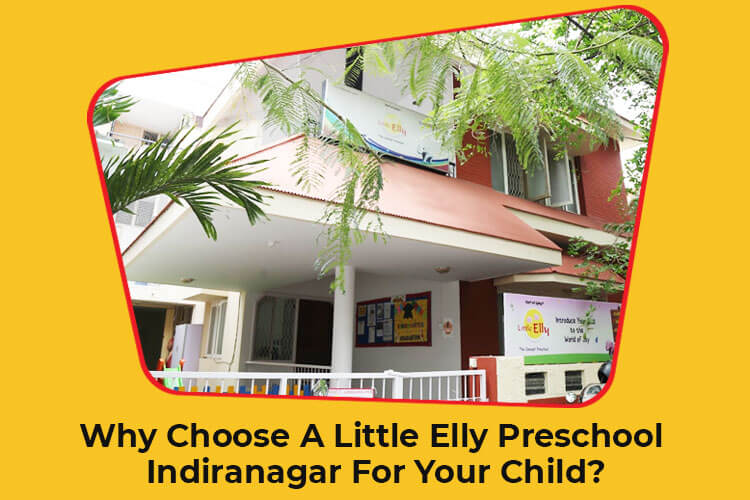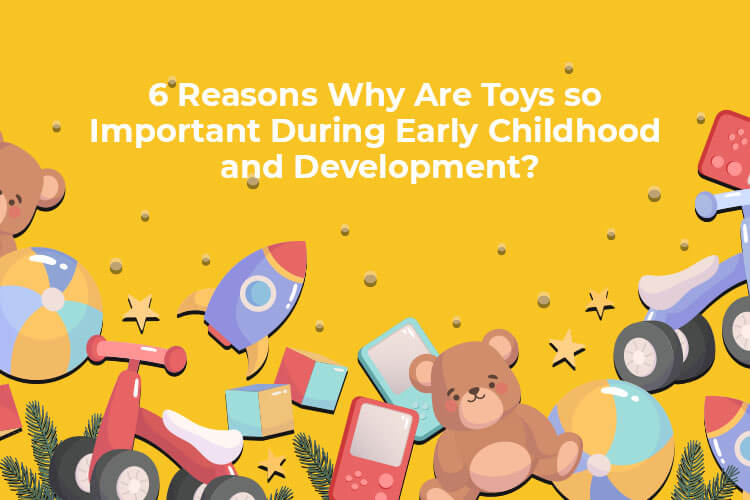
6 Reasons Why Are Toys so Important During Early Childhood and Development?
Toys are not just objects to keep children entertained; they play a crucial role in early childhood development. Engaging in play with toys offers numerous benefits for children, aiding their growth and learning in various domains. In this article, we will explore six key reasons why toys are so important during early childhood and development.
During admission, lots of parents are trying to secure a seat for their children in prestigious schools. However, seats are limited, and only a few children manage to get them. While parents are busy coordinating the registration, dates and timelines, they may forget to prepare the child for admission. Preparing for admission to Little Elly, the best preschool in Indiranagar can be both fun and exciting for both the child and parents. It is advisable for parents and children to prepare in advance to enhance the chances of admission to a reputable school.
1. Developing Skills
Toys provide children with opportunities to develop essential skills. Building blocks enhance fine motor skills and hand-eye coordination, while puzzles foster problem-solving and logical thinking abilities. Play with toys that involve stacking, sorting, or counting can improve cognitive skills and mathematical understanding. By engaging with toys, children actively develop and refine their physical, cognitive, and problem-solving abilities.
2. Boosting Creativity
Toys stimulate imagination and creativity in children. Dolls, action figures, and pretend-play sets encourage children to invent stories, take on different roles, and explore their creativity. Building sets and construction toys allow children to design and create their own structures, fostering innovation and originality. Creative play with toys nurtures imagination and supports cognitive development.
3. Emotional Development
Toys contribute to emotional development by providing a means for children to express and process their emotions. Stuffed animals, dolls, and puppets become companions, offering comfort and a safe outlet for emotional expression. Role-playing with toys allows children to explore various emotions, practice empathy, and understand social interactions. By engaging with toys, children develop emotional intelligence and learn to manage their feelings effectively.
4. Expressing Themselves
Toys serve as tools for self-expression. Art supplies like crayons, paint, and clay enable children to communicate their thoughts, ideas, and emotions through creative expression. Musical instruments and dance props encourage children to explore different forms of self-expression, fostering confidence and individuality. Toys that promote self-expression empower children to communicate and share their inner world with others.
5. Social Development
Toys facilitate social interaction and promote the development of crucial social skills. Board games and group play encourage cooperation, turn-taking, and sharing, fostering social interaction and teamwork. Dolls and action figures provide opportunities for children to engage in pretend-play scenarios, promoting social role-playing and negotiation skills. By engaging in social play with toys, children learn to communicate, cooperate, and develop essential social skills.
6. Increases Senses
Toys play a vital role in sensory development. Many toys incorporate different textures, colors, and sounds, stimulating sensory exploration and awareness. Sensory toys, such as sensory balls or textured objects, support the development of fine motor skills, hand-eye coordination, and sensory processing abilities. By engaging with toys that activate their senses, children enhance their sensory perception and understanding of the world around them.
Choosing the Right Kind of Toys
When selecting toys for early childhood development, consider the following factors:
Age Appropriateness
Choose toys that align with the child's age and developmental stage, ensuring they can interact with them safely and effectively.
Open-Endedness
Opt for toys that allow for open-ended play and multiple uses, encouraging creativity and imagination.
Educational Value
Look for toys that promote learning and skill development, such as puzzles, building blocks, or STEM-based toys.
Safety
Ensure the toys are made from non-toxic materials, have no small parts that pose a choking hazard, and meet safety standards.
Variety
Offer a diverse range of toys that cater to different developmental areas, including physical, cognitive, social, and emotional domains.
Conclusion
Children can learn a lot from playing. By providing your child with educational toys and actively engaging in playtime together, you create an environment that fosters bonding, enjoyment, and learning at the same time. And making education enjoyable will help your child retain the things she learns and develop a positive attitude toward learning.







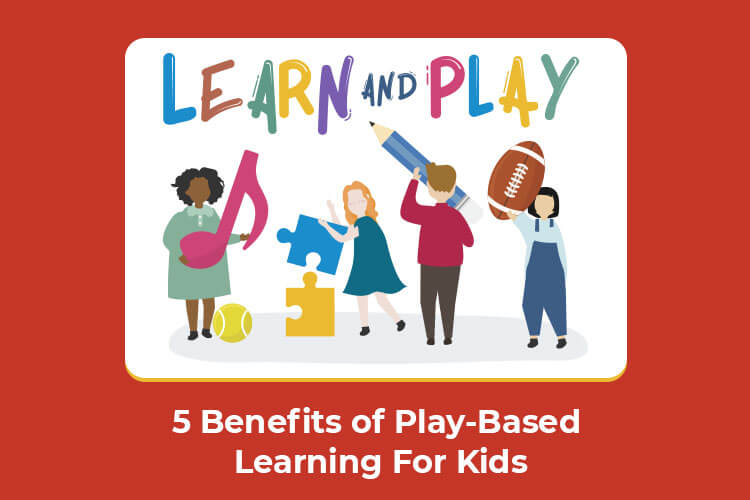
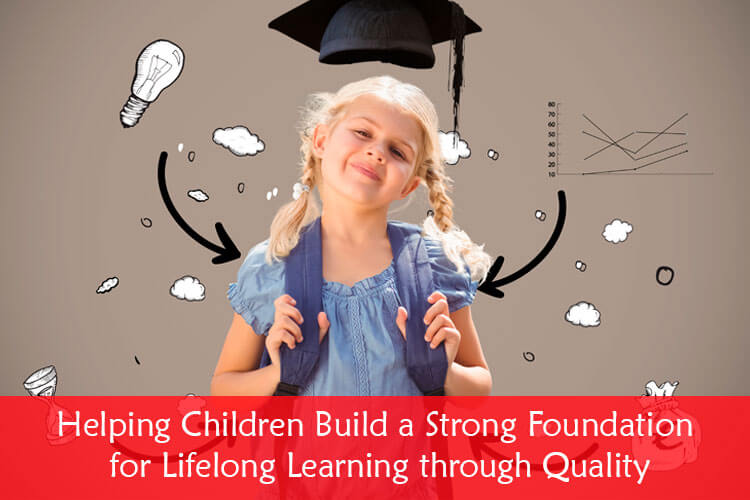
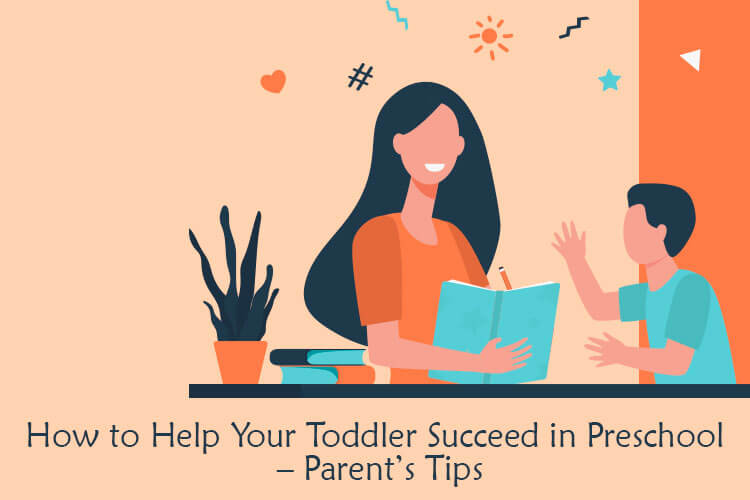
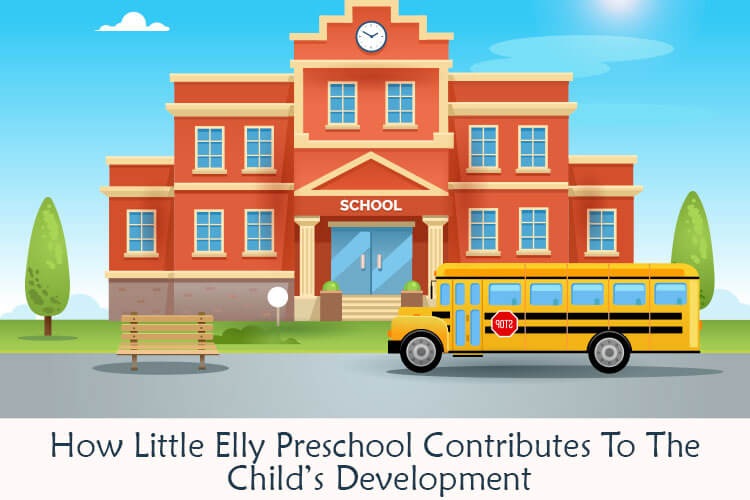
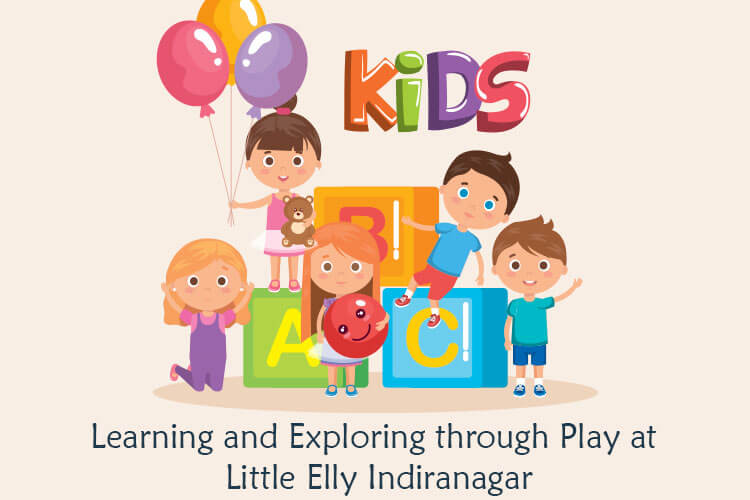
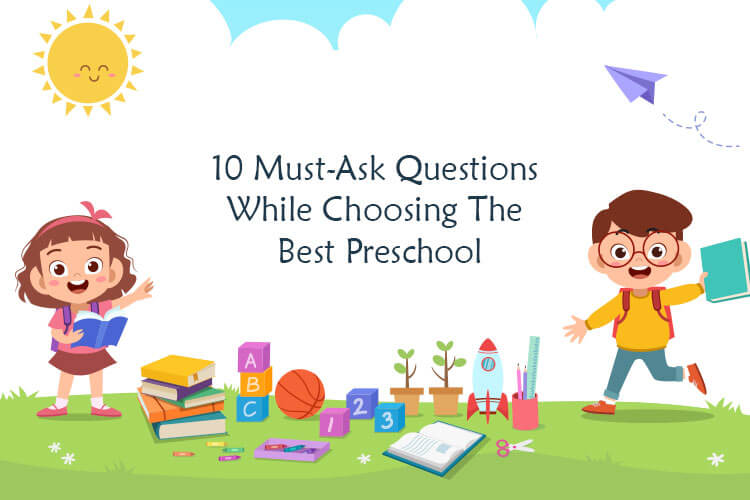
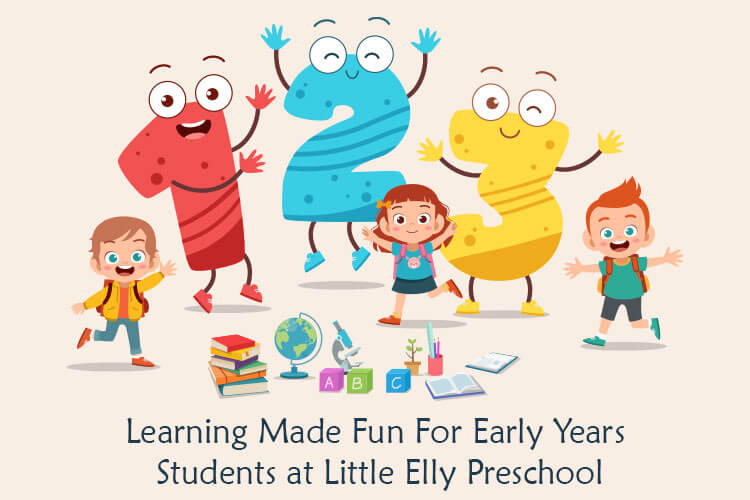
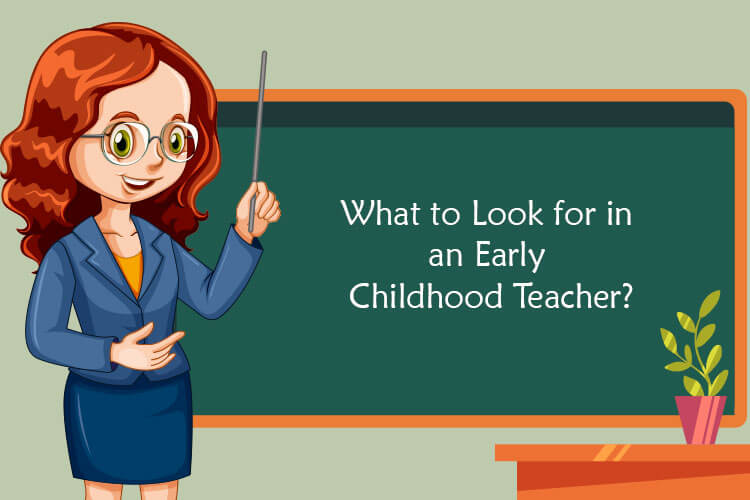
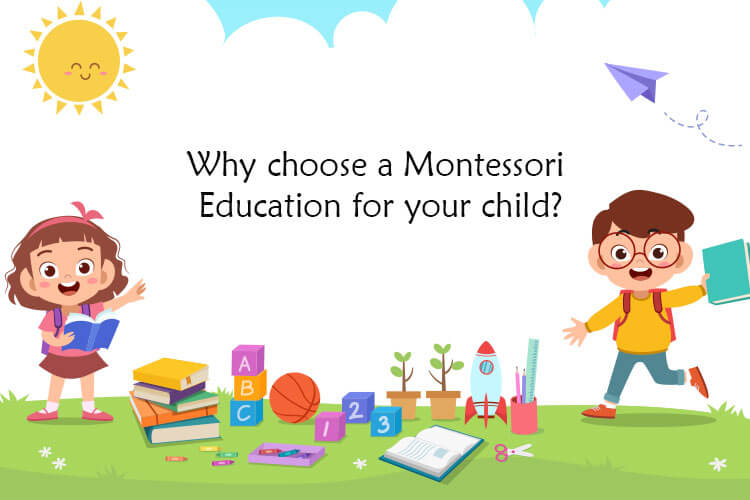
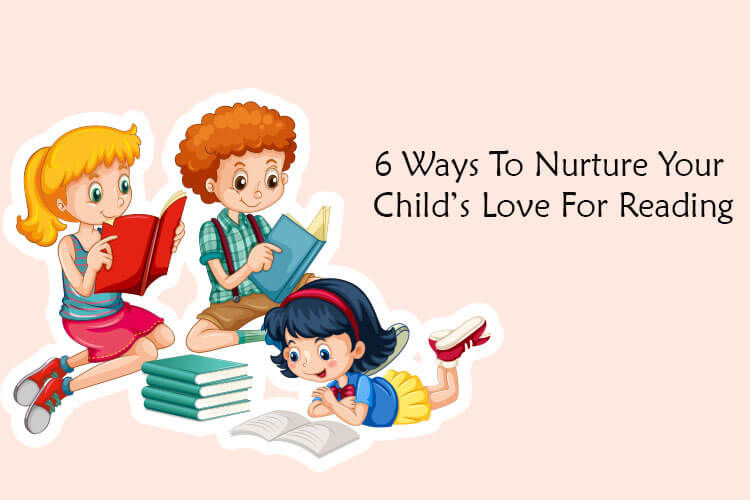
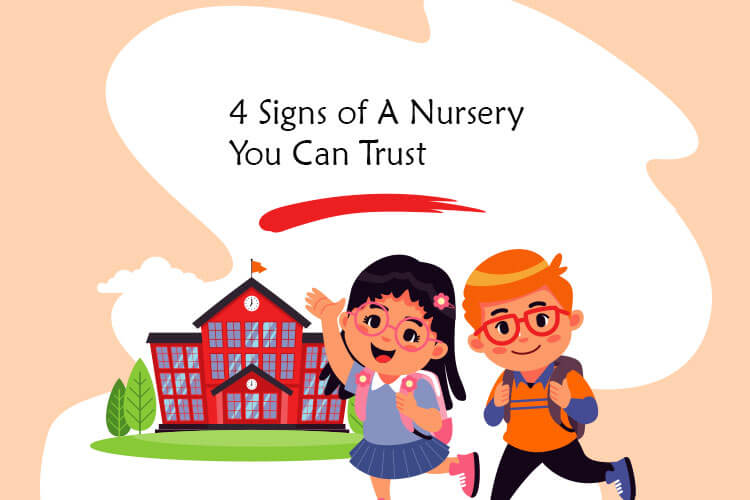

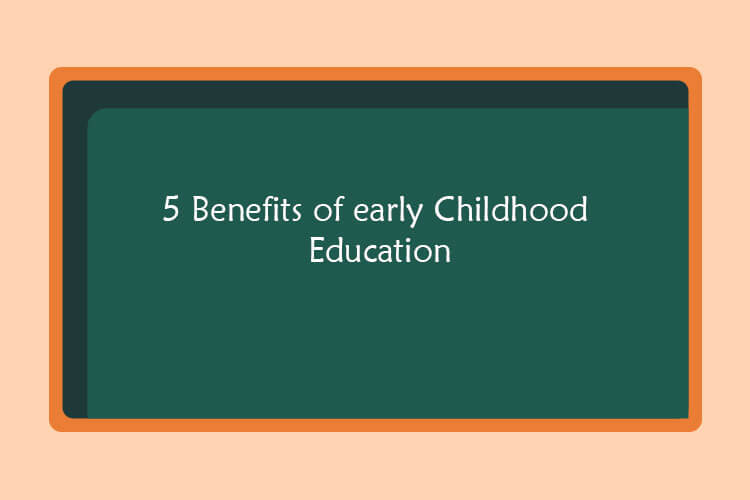



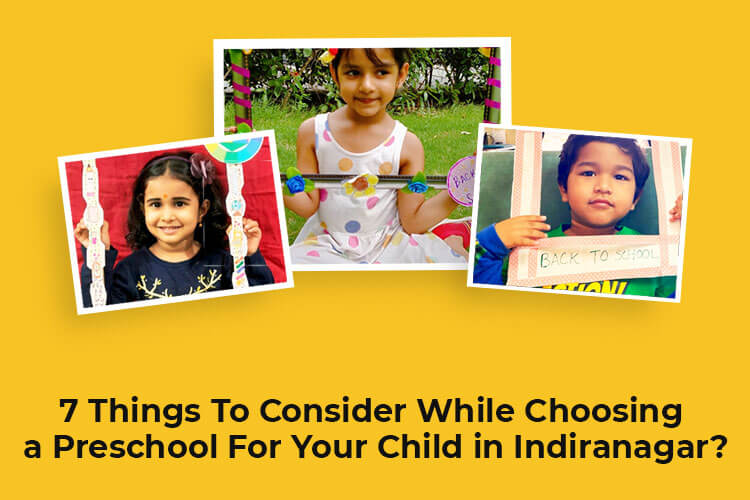
.jpg)
